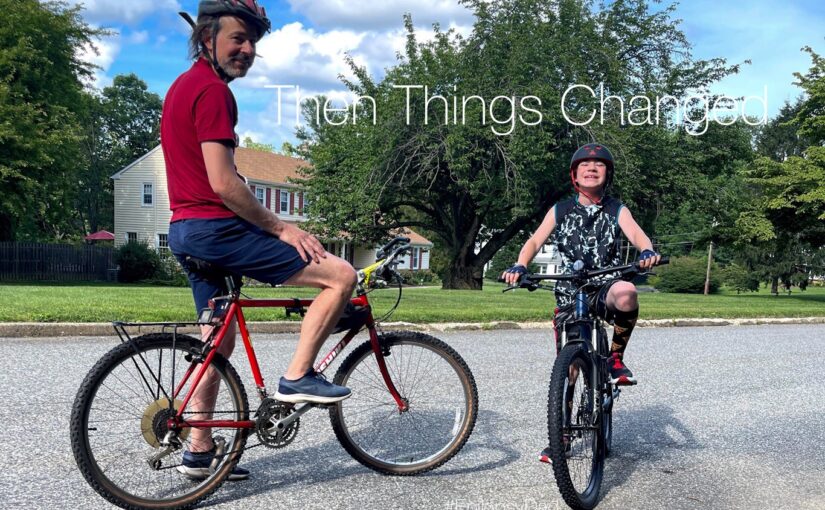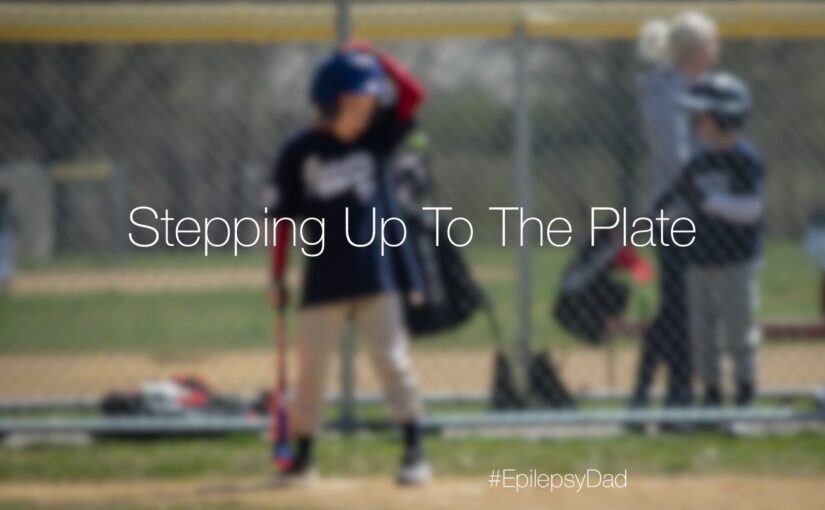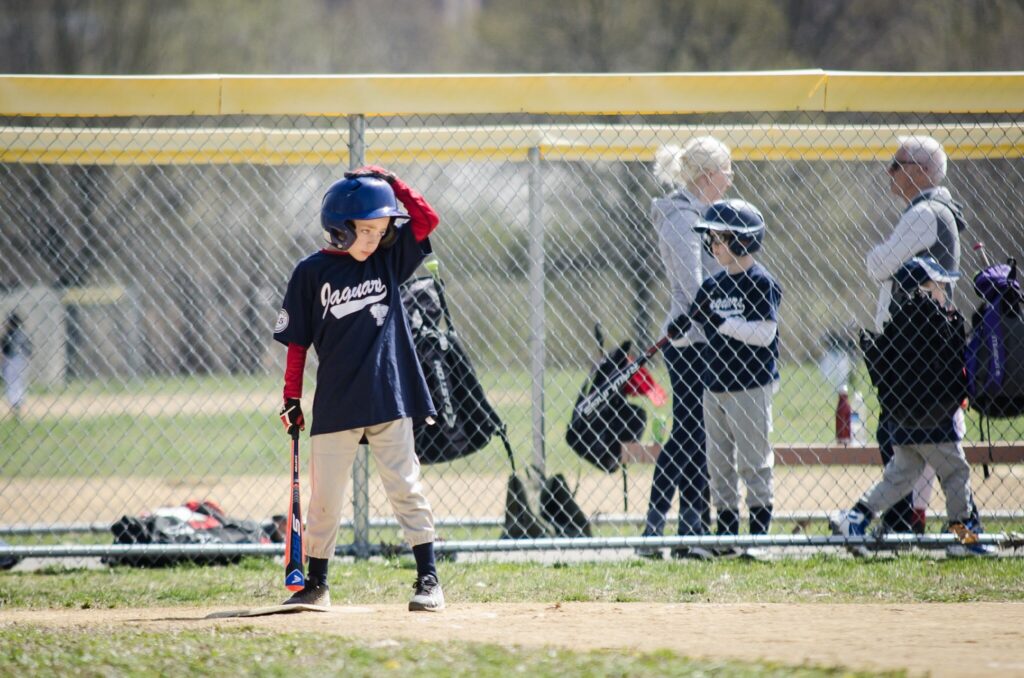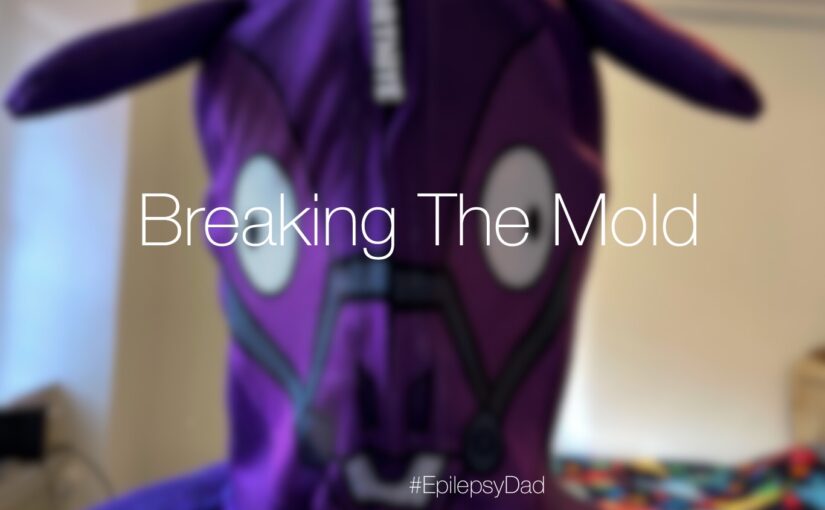This is the first time in months where I have sat down to write.
Before I did, I skimmed my posts from earlier this year. I wanted to be reminded of where we were. Our family felt isolated and trapped in the city, and there was no hope of moving. My son was struggling with his virtual school, and there was no hope of finding a way of learning that would work for him.
I wrote those posts as a way to process my thoughts. I wrote those posts as a way to ask the universe for help. I wrote those posts because I had to get those feelings out. They were real. They are real. Putting them down in writing felt like the last act of acceptance that nothing was going to change.
But then things did change.
I’m writing this post in our new house. I’m writing this post early in the morning before my son wakes up and gets ready to go to his new school that is only a few miles away with kids that have challenges just like him. I’m writing this post the day after my son spent hours in the yard playing with other kids from the neighborhood who didn’t treat him like he was different at all.
The contrast between where we were and where we are is surreal, but I know things won’t always feel this way. My son is still seizing every day. The cognitive, social, and emotional gap between him and his peers is obvious, and it is growing. And the one constant thing in our epilepsy journey, for better and for worse, has been change.
At this moment, though, I am immeasurably grateful to have landed where we did, when we did. Because we needed it. Because we are together. Because we can breathe. And because for the first time in a long time and despite the struggles he faces every day, my son is happy.



